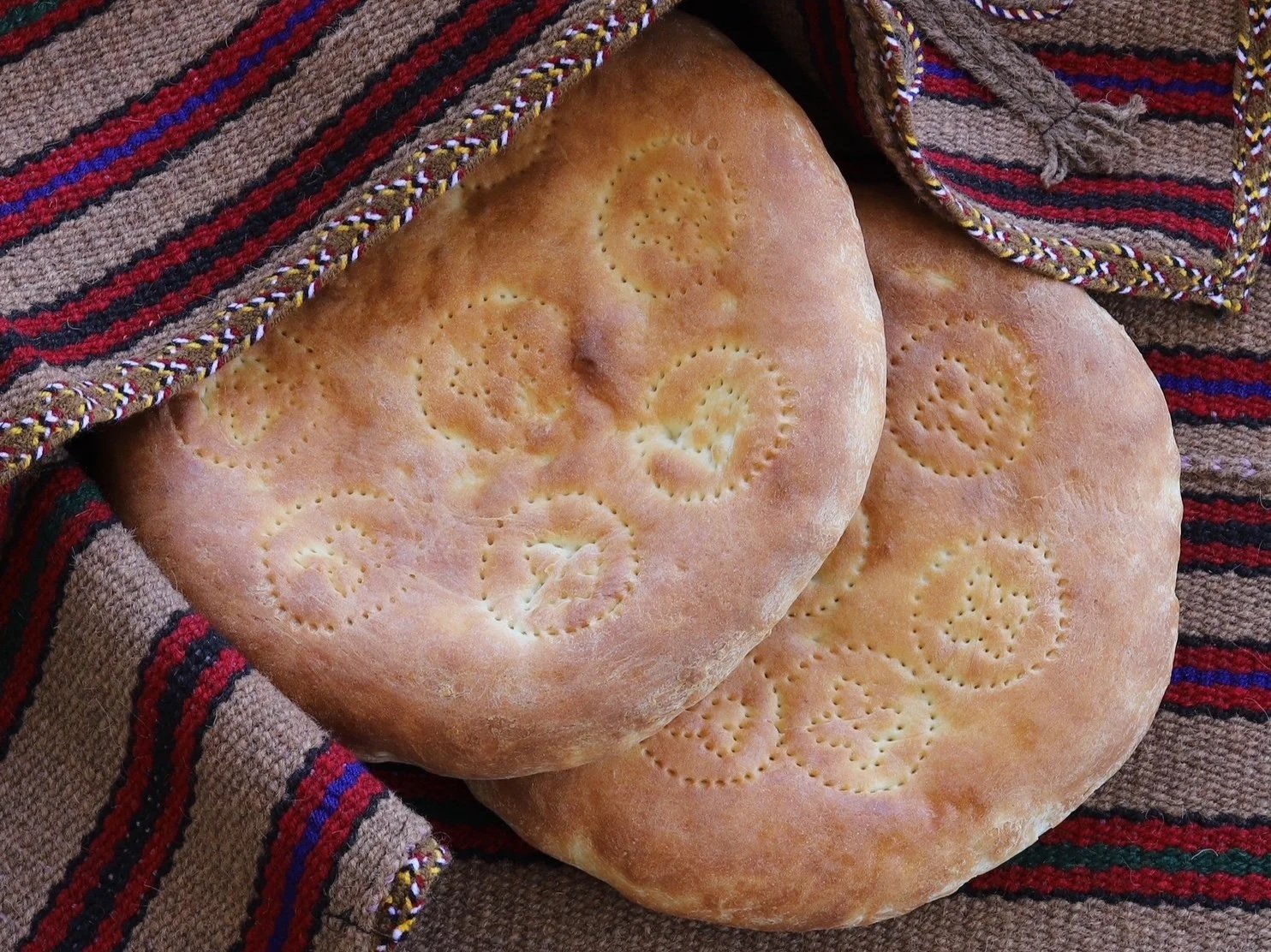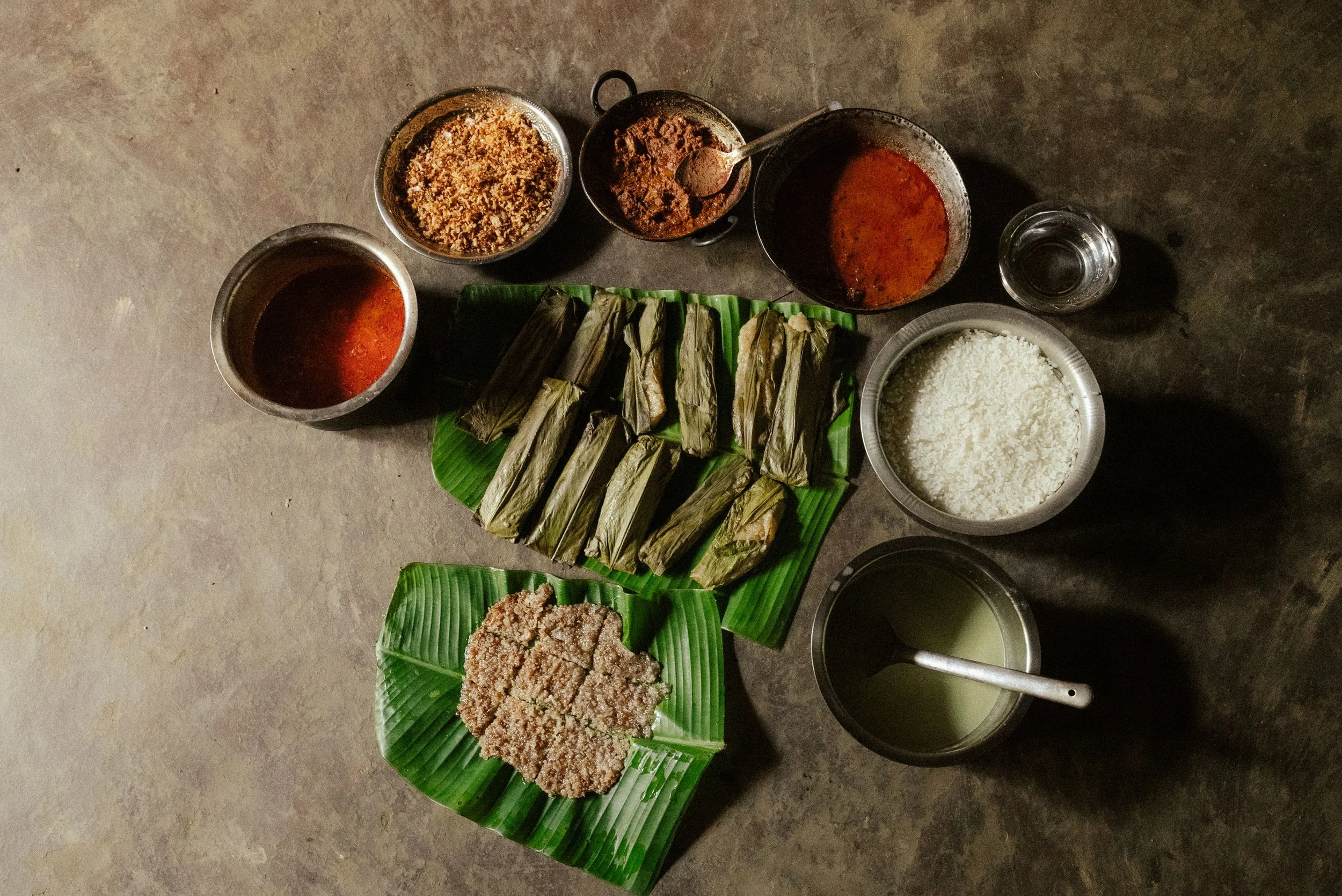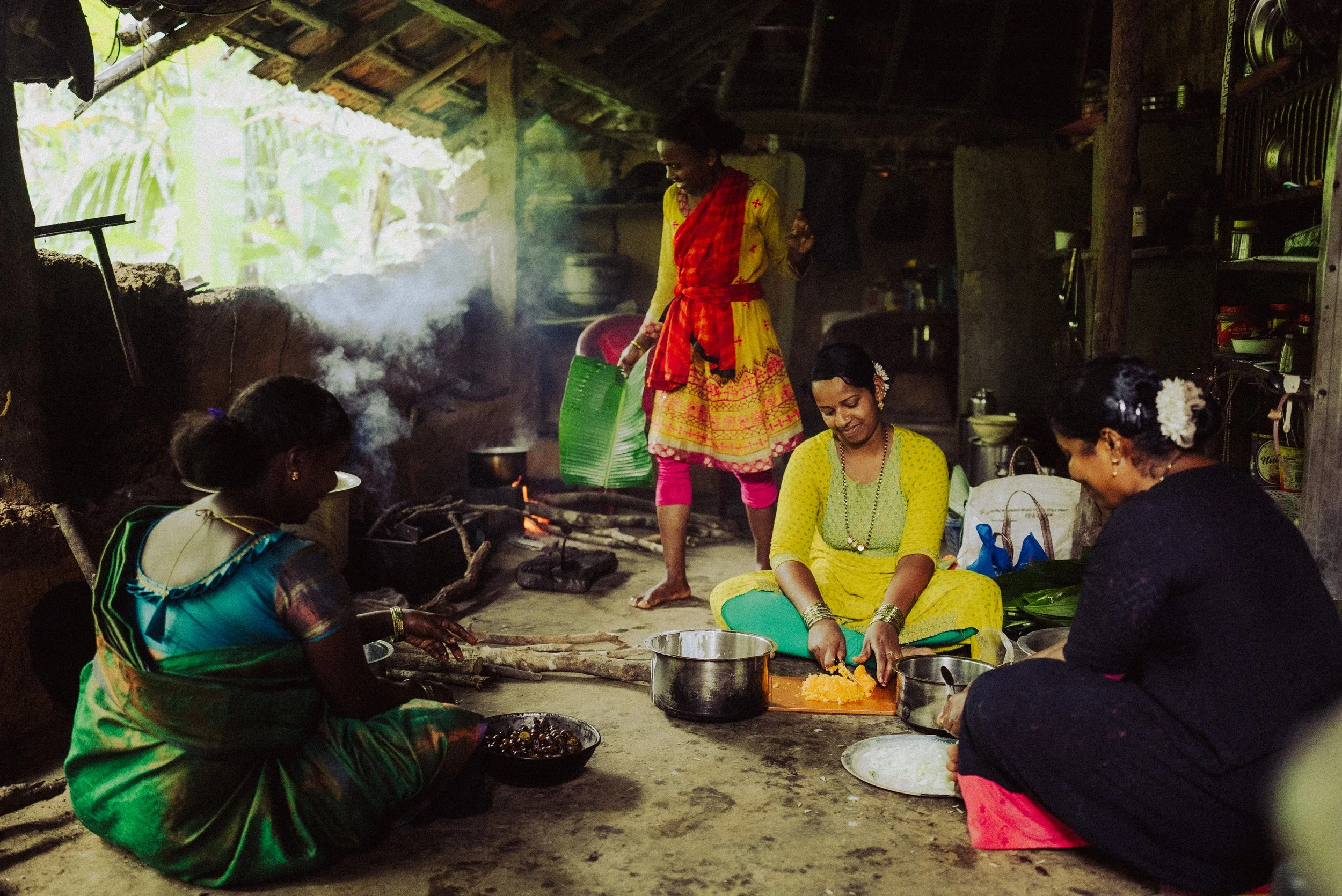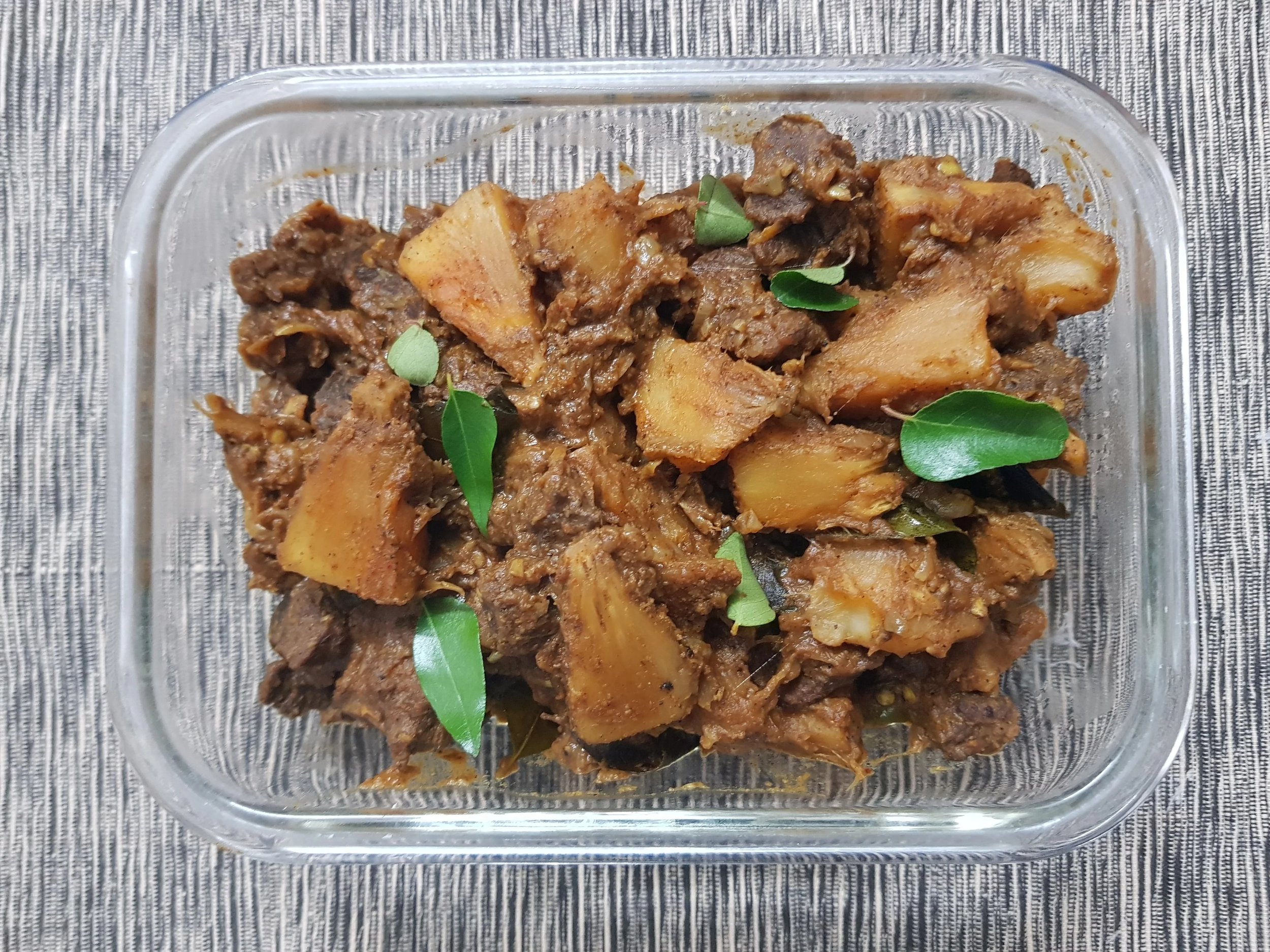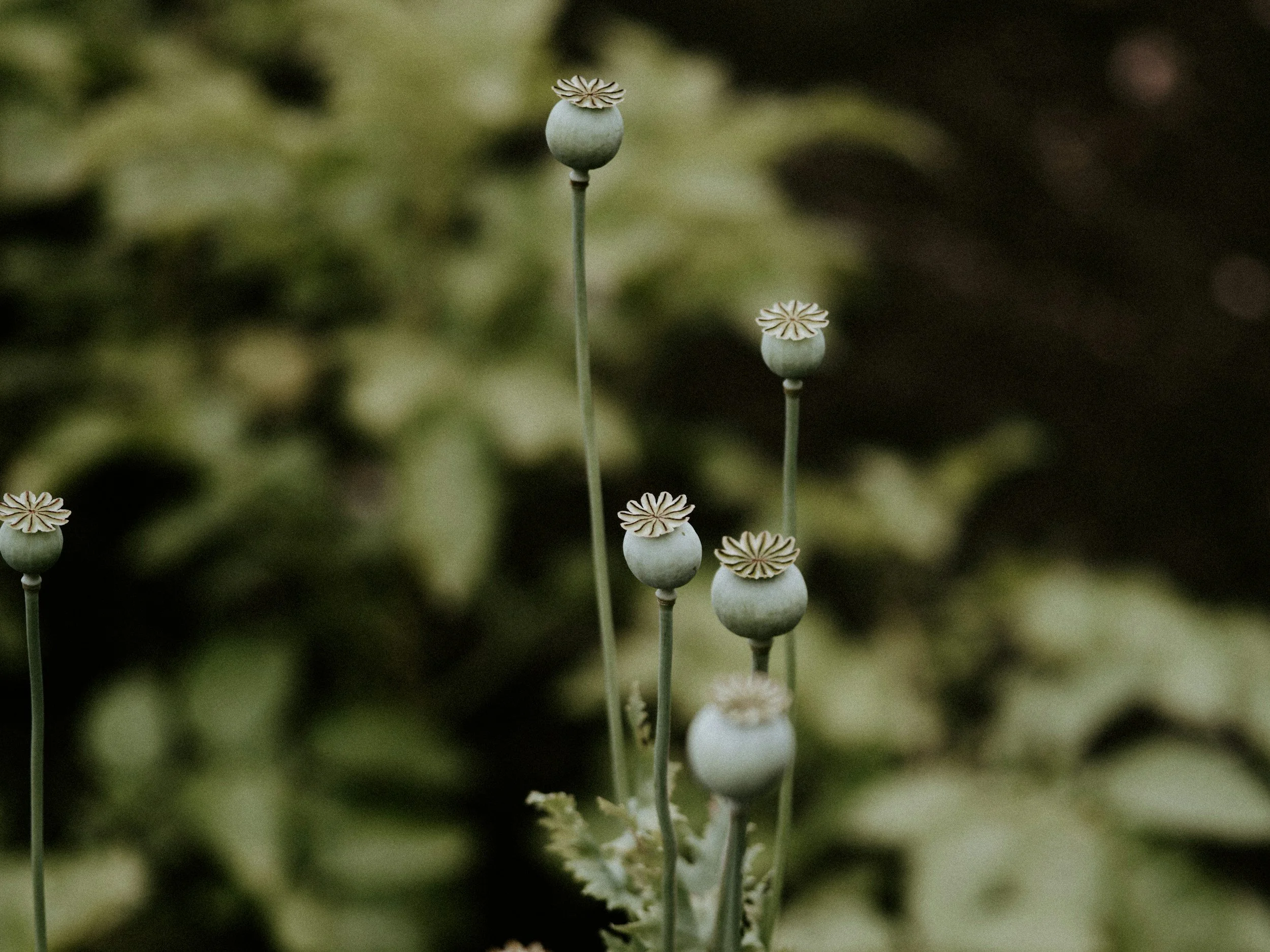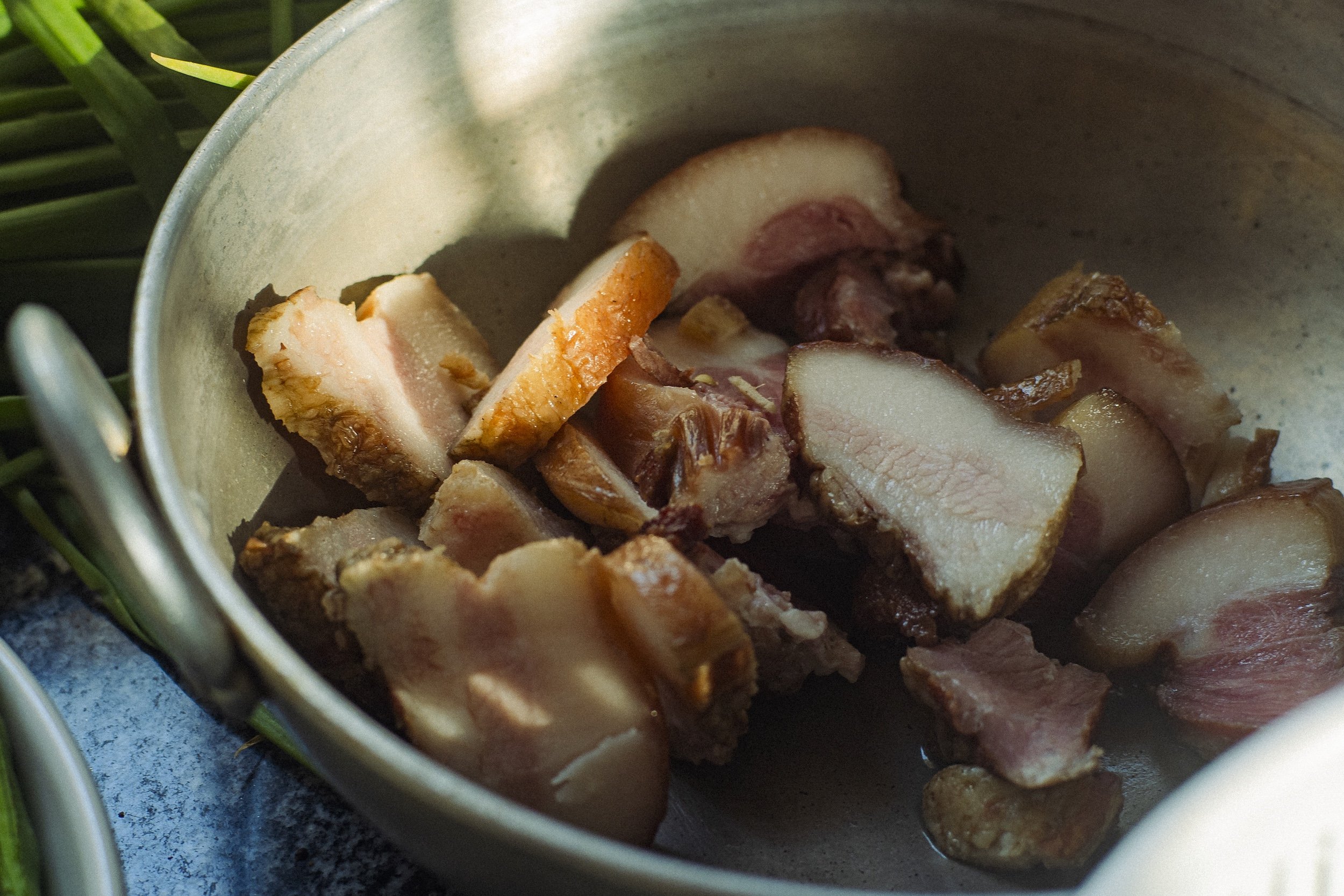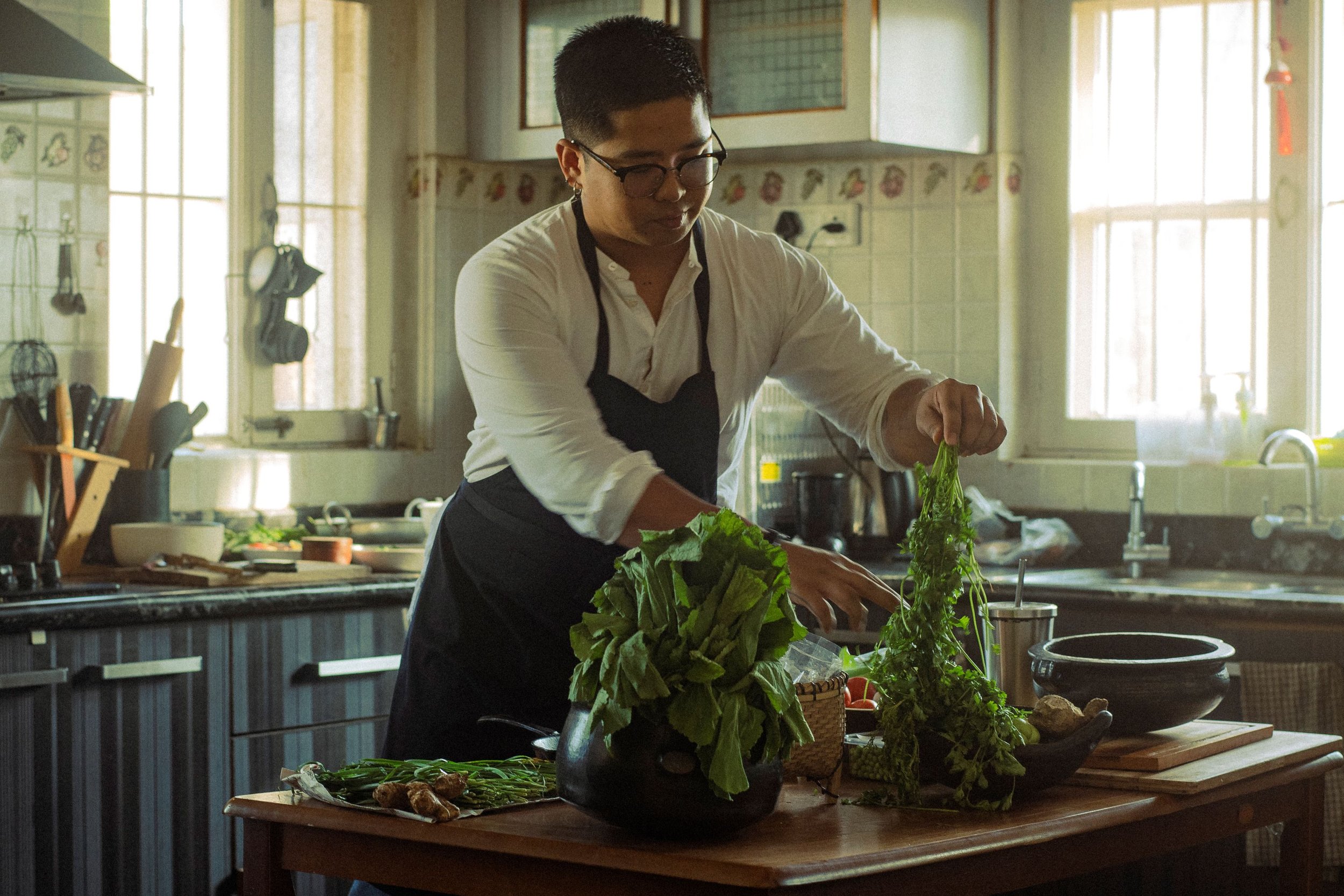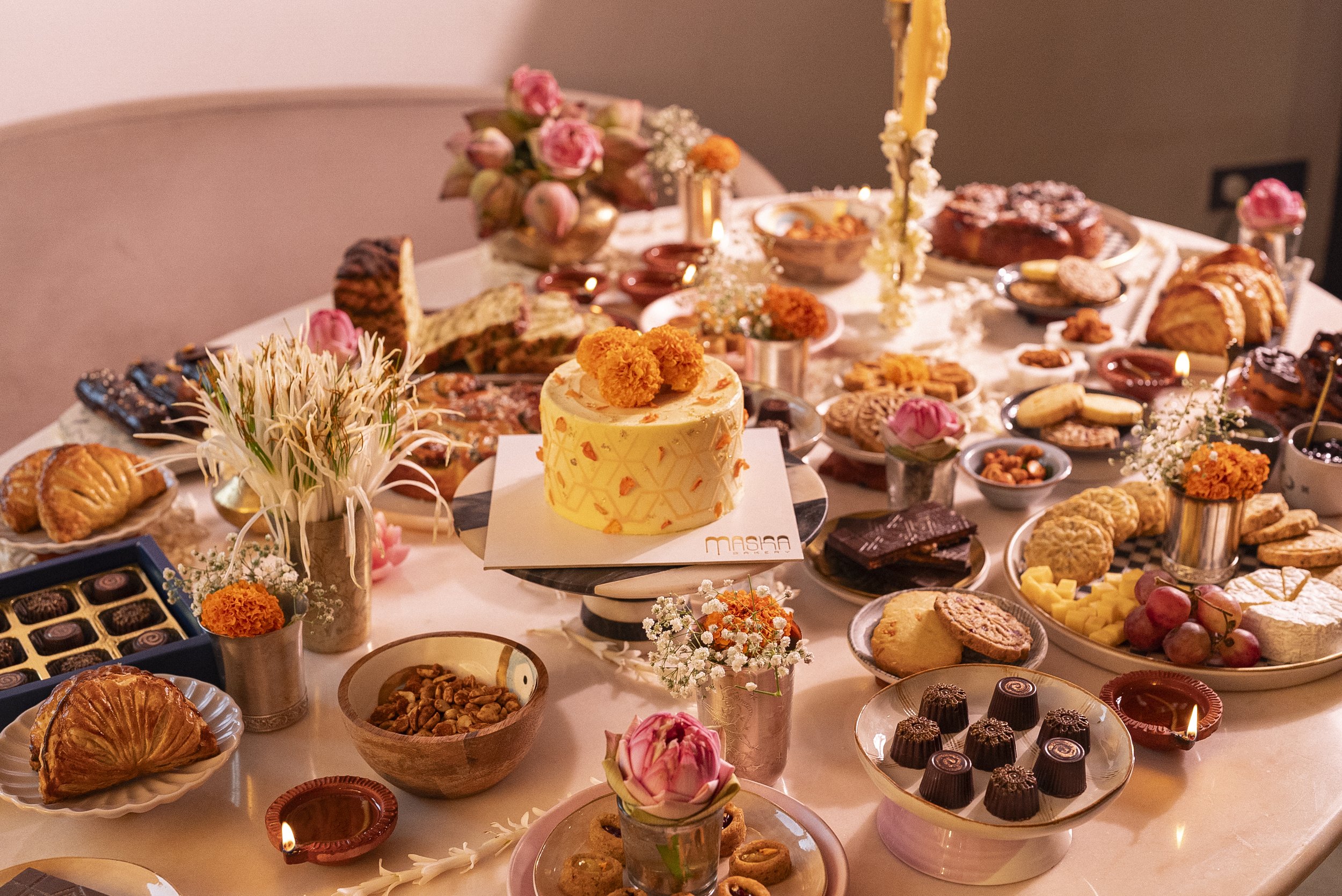All the Medicine You Need Is Probably In Your Kitchen

The Indian culinary tradition is a wonderful repository of home remedies. Ranjini Rao writes about a few effective common kitchen cures from around the country.
My earliest memories of both my grandmothers are from their kitchens, where they used their knowledge of ingredients to heal and nourish their families. My paternal ajji, a method-cook who relied on measuring ingredients and following step-by-step instructions (also the one who taught me about pickling, and its significance in maintaining immunity long before it became trendy), and my maternal ajji, a self-made apothecary, governed entirely by instinct — she’d eyeball ingredients for broths and brews, toss them into little pots, and hum a melody under her breath as they bubbled and hissed, to cheer up whoever was feeling under the weather that day. Like them, countless Indian women, in kitchens around the country, have learned and passed down home remedies that have helped safeguard the general well-being of their loved ones, keeping sniffles, tummy troubles and other common problems at bay.
A couple of years ago, I was travelling around the northern islands of New Zealand with family, and my daughter caught a cold, that soon turned into a monstrous cough. The nights were especially rough, at high altitude, as we camped out in tents. But, a dose of mum’s heavy-duty kashayam came to the rescue, and three days later, the cough had disappeared leaving no trace of its troubles.
My friend, and blogger, Ruchira Ramanujam, who grew up in Agra, swears by her nani’s tips to fix anything —from cracked lips to mouth ulcers. Of course, on the surface, one would imagine that both of these call for the application of a soothing balm, possibly homemade, but these time-tested remedies go deeper, and tackle the root cause of the problem, not merely the symptoms.
“For cracked lips and general dryness, a bit of oil on the belly button every night, spread to about an inch in diameter, works wonders,” says Ruchira, adding that you should also hydrate well and drink at least two litres of water, for best results.
“With kids around, it becomes doubly important for mothers to pay attention to the details, while following a prescribed home remedial method,” she explains. “For instance, my nani always said that a drop of ghee on a mouth ulcer helps in healing quickly and alleviating the pain; but it’s also good to swish warm water with salt, gently around the mouth — a case of rubbing salt over the wound — but it helps keep infections at bay,” she adds.
For Sindhu Bharadwaj, local food blogger and stylist, home remedies have always been the way to go before consulting a doctor. “I’ve been doing this for over a decade now, trying home remedies before reaching for over-the-counter medicines. Unless, of course, the infection is severe and needs immediate attention.”
An anti-allergy drink, a recipe from her grandmother’s diary, is something Sindhu swears by. This drink contains a mix of ajwain leaf or Indian borage, betel leaf, tulsi, a few pepper corns and a pinch of turmeric, ground together with a bit of water, then strained and mixed with honey. This works like a charm for allergic coughs, indigestion, as well as skin allergies. “It is interesting to note that every ingredient here has its own set of healing properties: ajwain leaves are anti-allergens, betel leaf is an analgesic, tulsi and pepper fight infections and boost immunity, turmeric is anti-bacterial and anti-cancerous, honey purifies the blood. So, essentially, it's an all-in-one tonic,” says Sindhu. Her grandmother not only passed on medicinal recipes, but also precise instruction on how to administer them. Sindhu recalls her exact terms, “One should always take this on an empty stomach, before breakfast, so the body can absorb all the nutrients fully.”
London-based writer, Mridula Kaul, is a big believer in home remedies, especially when it comes to treating her daughter. “With age, I find myself using home remedies as first port of call. I do believe they are truly effective, but the sceptic in me can’t help but wonder if childhood memories of my mom administering them to me isn’t the real healer!” she says with a laugh.
She has a handy list of remedies for stomach problems, colds and coughs, and insists that they work. To treat a tummy ache, boil ajwain seeds in water, reduce it to half, and drink it twice a day. When suffering from constipation, boil saunf (fennel seeds) in water, and have it first thing in the morning. Her personal favourite, drawing from her Kashmiri roots, is the kehwa — a magic tonic to ward off the common cold and cough. Boil water with a little cinnamon, cardamom and saffron. Crush tea leaves in the middle of the palm and add to the water. The trick is to add very little tea leaves, and not allow the tea to steep, else the brew becomes bitter. The colour test is important for the kehwa — it should almost look like champagne — never darker. Add ground almonds and sip while still hot.
Bengaluru based doctor-turned-food-blogger, Nandita Iyer, makes a strong case for herbal remedies: “Some herbs like tulsi, betel leaf, and curry leaf have medicinal properties thanks to the presence of essential oils and compounds, which is why many of these home remedies can be scientific explained.”
She has acquired handy recipes from her mom, for treating dry coughs and throat aches, which she has tried and tested. “In a mortar pestle, crush radish slices, black pepper and fried gram until coarsely pounded, and swallow with a sip of water. The pungent juices from the radish and the heat from the black pepper gives relief.” For a bad throat, Nandita recommends adding coconut oil to spiced turmeric milk. “This makes complete sense, as the lauric acid in the coconut oil has natural antibacterial properties and helps fight infection,” she says.
As I look back at my childhood, I can see how home remedies have shaped me as a mother. Every time my daughter falls ill, I think back to what my own mother would do. The therapeutic and palate-friendly culinary legacy I carry forward helps me cater to changing seasonal requirements, varying tastes, and fallen immunities by employing a well-recruited army of robust ingredients from my pantry. And most of the time, my instincts are on the dot, and we cruise through without having to look at a strip of pills or a bottle of coloured syrup.
Ranjini is a mom, writer and teacher based in Bangalore. She runs the food blog, Tadka Pasta, with her partner, and has authored three books in the food literature space.
ALSO ON THE GOYA JOURNAL

